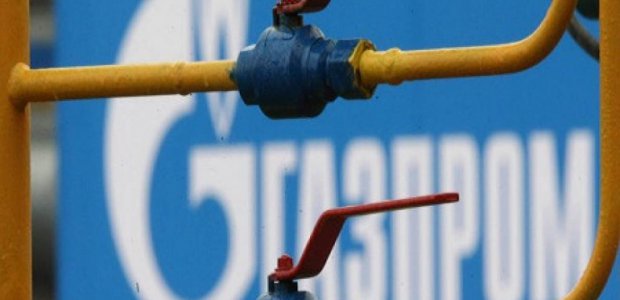It has become clear that virtually no gas transmission developments in Europe, including the collapsed effort to privatize Greece’s natural gas grid operator DESFA, can be assessed without factoring in the role of Russian energy giant Gazprom.
All companies linked to the DESFA sale ordeal – the candidate buyers Azerbaijan’s Socar and Italy’s Snam, as well as Belgium’s Fluxys, an early candidate whose interest waned before apparently rebounding more recently – are associated with the Southern Corridor, Gazprom’s natural gas supply plan for the European market’s south.
Gazprom is promoting the prospects of “Turkish Stream” and making plans for an additional route, via Greece, for natural gas supply to the EU. The Russian company is making careful and decisive moves to establish agreements for the first route through Turkey and is also engaged in talks with the European Commission for the route’s extension through Greece.
The significance of today’s three-way meeting in Moscow between Gazprom, Edison and DEPA, Greece’s Public Gas Corporation, for talks on the pipeline route through Greece, not long after the DESFA sale’s collapse, cannot be overlooked.
The three sides had signed a Memorandum of Understaning in Rome last Ferbruary and could now sign a more specific agreement featuring greater commitments for the Southern Corridor plan. This project would carry Russian natural gas through the Black Sea, Greece and Italy and would utilize work already carried out by DEPA and Edison as part of the sidelined ITGI Poseidon project.
DEPA and Edison had originally established Poseidon as a joint venture in the previous decade to develop the ITGI pipeline, planned to carry Azeri natural gas from Turkey to Greece and then Italy, via a submarine crossing through the Adriatic Sea. However, the the plan was abandoned after Azerbaijan opted to develop the TAP (Trans-Adriatic Pipeline) project instead for this purpose.
Following the recent collapse of the DESFA sale, Socar rushed to announce that the development would not affect its involvement in the TAP project. The Azeri firm holds a 20 percent stake in the TAP consortium. Socar has not ruled out the possibility of expressing renewed interest in DESFA once a new sale attempt is launched.
Ties between Gazprom and Socar are highly complicated. On the one hand, they are the prime players in rival gas pipeline plans, while, on the other, the two are linked by high-level associations concerning Russian government officials and Socar’s president as well as exchange. Gazprom, for exchaneg, supplies gas to Socar with the aim of bolstering the latter’s cash reserves to avoid technical problems that interrupt Russian gas flow.





